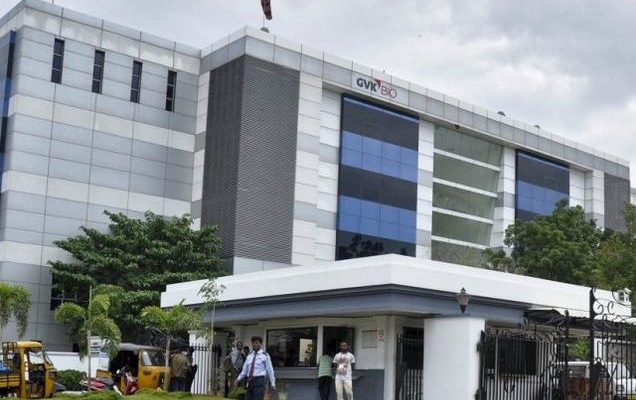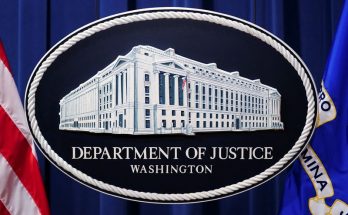The European Union (EU) on Friday defended its ban on 700 generic drugs made by GVK Biosciences on grounds of data inaccuracy in clinical trials, but hoped that a way out could be found for restarting a deferred effort to revive free trade negotiations with India.
The ban on the drugs was based on scientific and not trade considerations and in accordance with the advice of the scientific committee of the European Medicines Agency (EMA), Cesare Onestini, acting head of delegation of the EU to India, said in a statement on Friday.
“It is important to stress that the relevant scientific committee noted that there is no evidence of harm or lack of effectiveness in the medicine. However, this does not address the issue of inaccurate data provided,” Onestini said. “Data integrity is an indispensable element in the EU marketing authorization system. This procedure is necessary to ensure both patient safety and to retain the credibility of the robust EU marketing authorization system.”
The official added that similar necessary suspensions occurred in the past in different countries. “Such procedures do not question the reputation of the company nor the countries concerned, nor of generic medicinal products. They are an integral part of a rigorous scientific assessment process,” he held.
India on Wednesday indefinitely deferred a meeting between chief negotiators of both sides to revive talks on the long-delayed free trade negotiations, stating it was “disappointed and concerned by the action of EU in imposing legally binding ban on the sale of around 700 pharma products clinically tested by GVK Biosciences, Hyderabad” on 16 July.
Onestini said the purpose of the meeting at the chief trade negotiators level was to explore the possibility of resuming the FTA talks, and was not meant to constitute in anyway a full-fledged round of negotiations.
“The EU remains committed to continue working towards conclusion of an agreement between India and the EU that will be acceptable to both sides,” he said. “For this reason, the EU hopes that a solution will be found to the current deferral.”
GVK Biosciences has been working with the government right from January when EMA made its recommendations, CEO Manni Kantipudi said.
“We had started work from May 2014 on our processes and were surprised at the decision. When the government of India looked at our data (and) conducted audits, they were satisfied and decided to back us,” Kantipudi said. “We will continue to work with the government now.”
The French regulatory agency conducted audits of the company in May 2014 in connection with alleged manipulation of electrocardiogram data during studies on the generic drugs. The inspection cast doubts on the way clinical trials were performed at the site.
India could lose about $1-1.2 billion worth of drug exports because of the decision taken by the European Commission to ban the drugs, according to lobby group Pharmaceuticals Export Promotion Council (Pharmexcil).
The country exported $15.4 billion worth of pharmaceutical products in 2014-15, with Europe accounting for $3 billion. Out of the $3 billion, exports of generic medicines constituted about $1 billion and drug ingredients accounted for the rest, according to Pharmexcil.
India and the EU have missed at least four deadlines to clinch a free-trade accord, called Broad Based Trade and Investment Agreement, even after 15 rounds of talks.
A prolonged recession in the EU, and its focus on concluding the Transatlantic Trade and Investment Partnership agreement with the US, also delayed progress.
Trade minister Nirmala Sitharaman met her counterpart, EU trade commissioner Cecilia Malmström, on the sidelines of an informal meeting of trade ministers in Paris in June and decided to revive talks at the chief negotiators’ level.
Accordingly, India’s chief trade negotiator J.S. Deepak and his EU counterpart Ignacio Garcia Bercero were scheduled to meet in Delhi.
India’s exports to the EU contracted 4.4% to $49.3 billion in 2014-15 while imports contracted 2.2% to $48.8 billion.
India and the EU have a long history of disputes over generic drugs. India initiated dispute settlement consultations in May 2010 at the World Trade Organization with the EU on the issue of detention of consignments of Indian generic medicines that were in transit.
“The global regulatory standards are rigged in the favour of big companies. In the past too, when the FDA (Food and Drug Administration of the US) took action against some generic companies, although there were lapses, it did not translate into bad quality medicine,” said K.M. Gopakumar, legal advisor and senior researcher of Third World Network, an organization that works on developmental issues. “India has some merits in its arguments now and it should look at addressing issues for the long term such that regulatory standards are set at an appropriate level in a transparent and participatory manner.”




